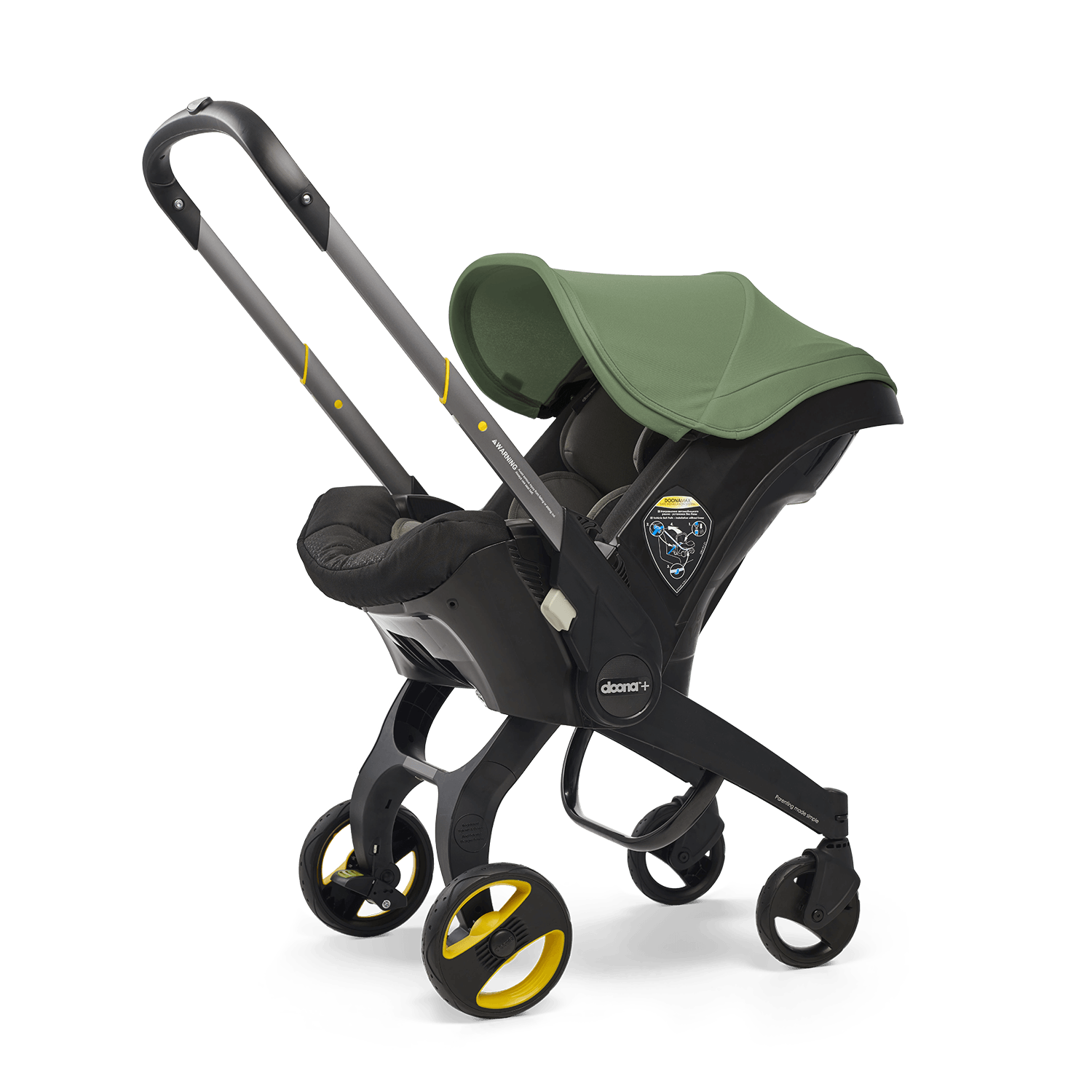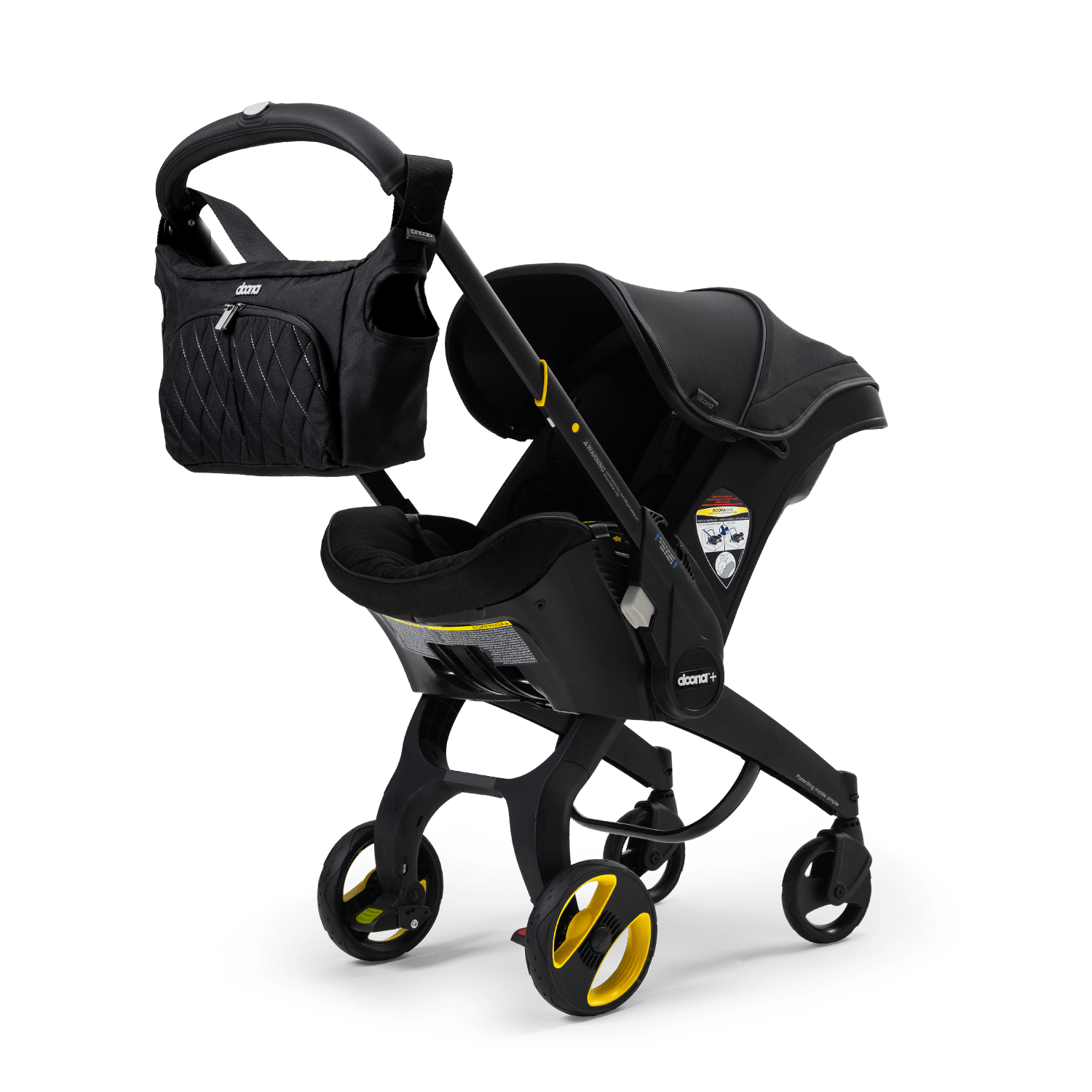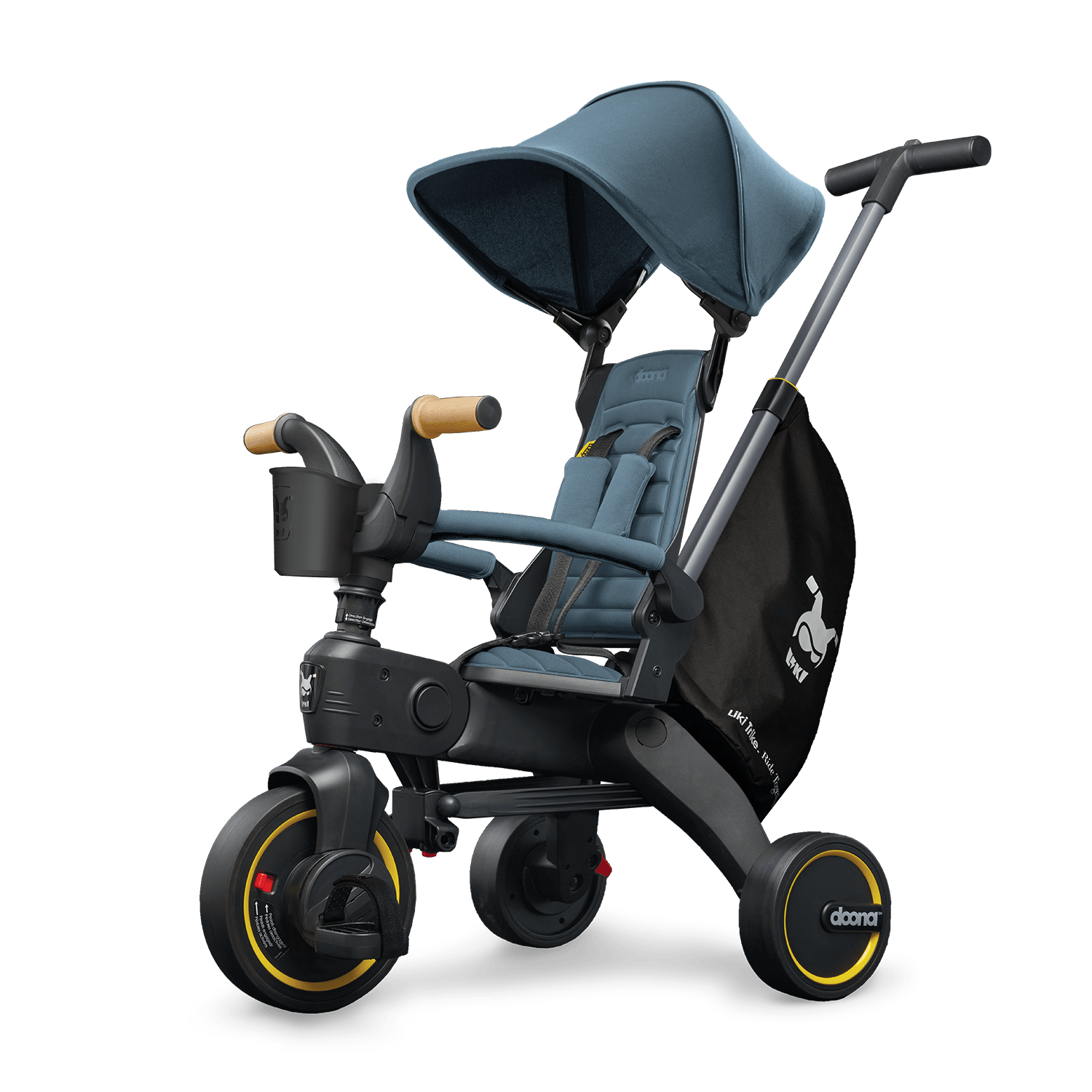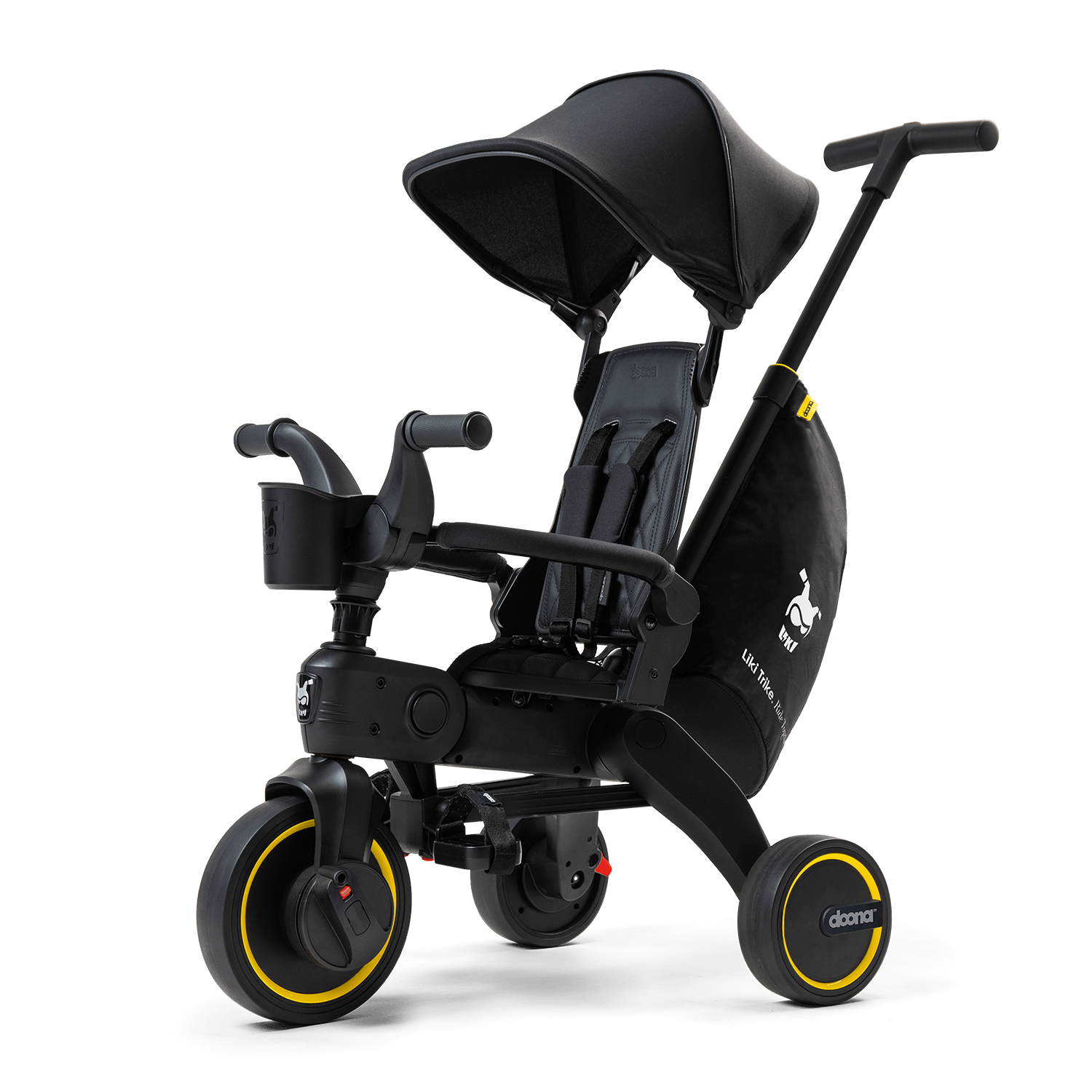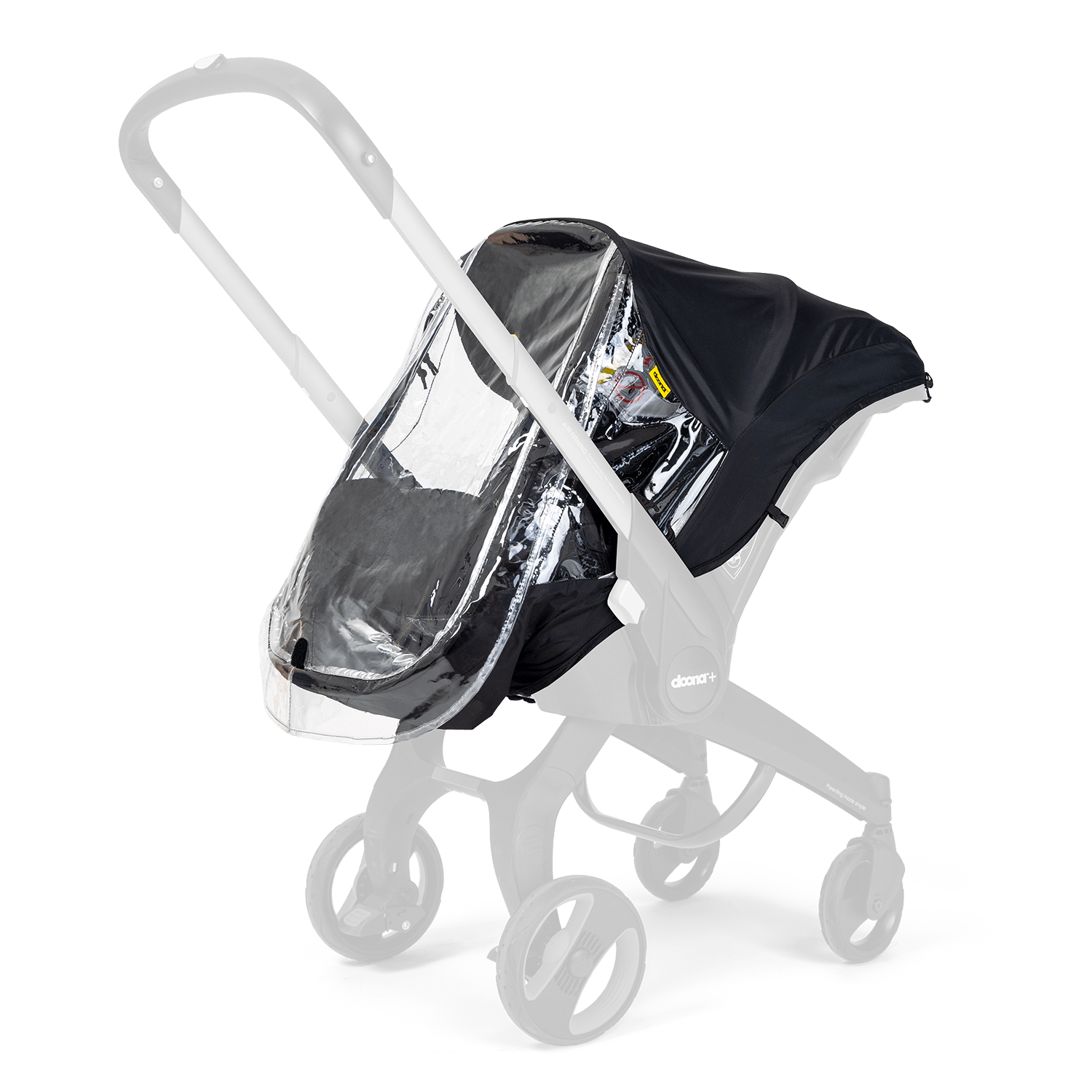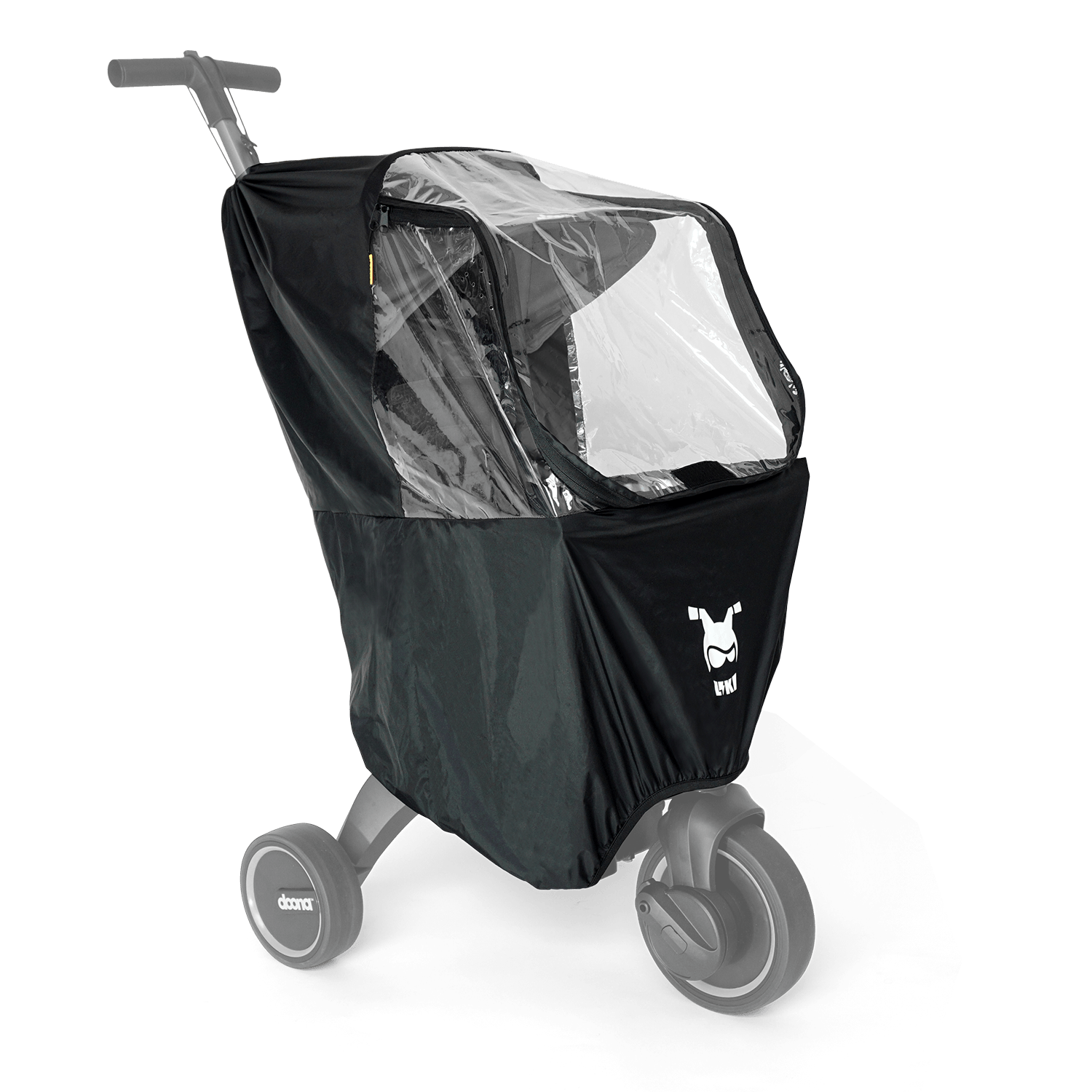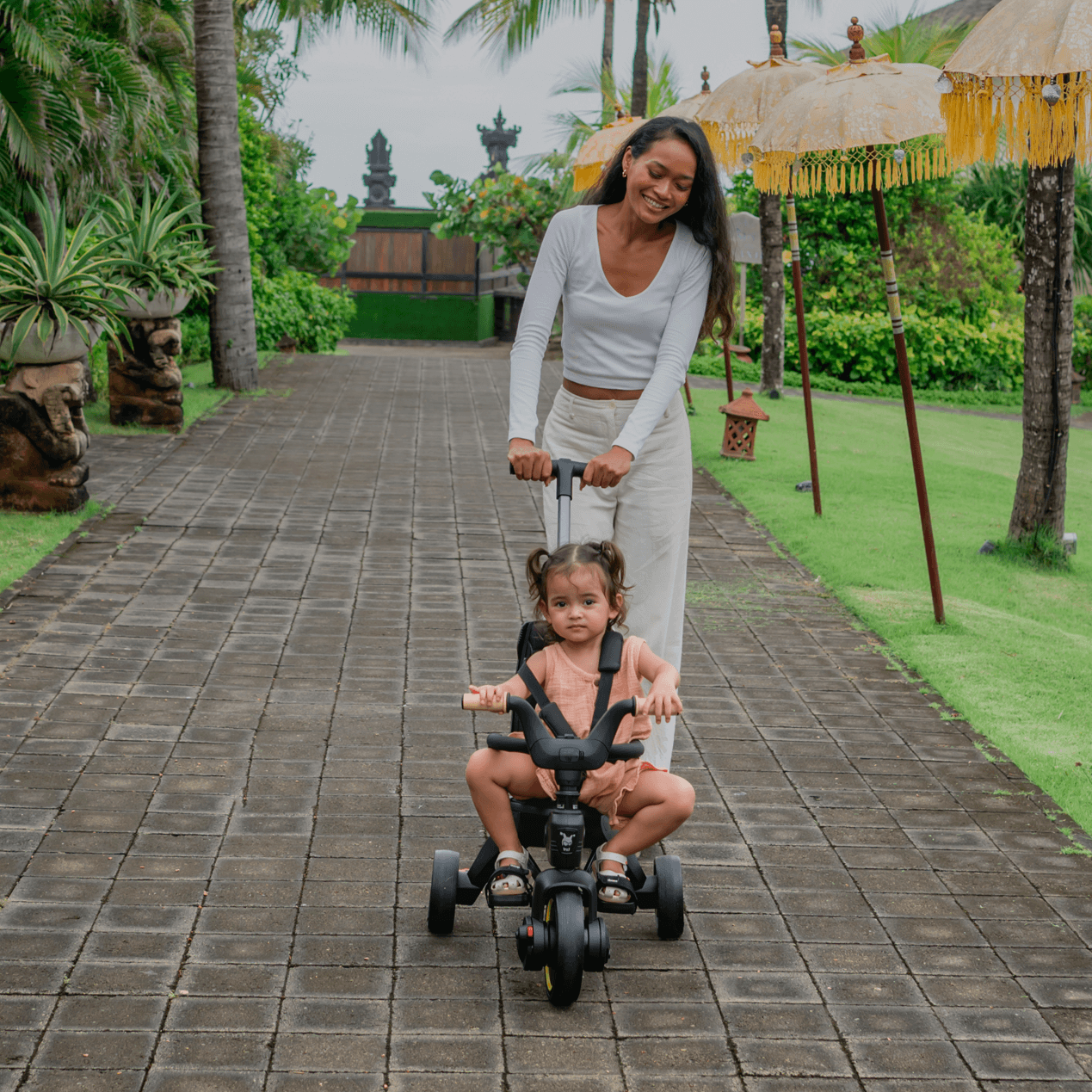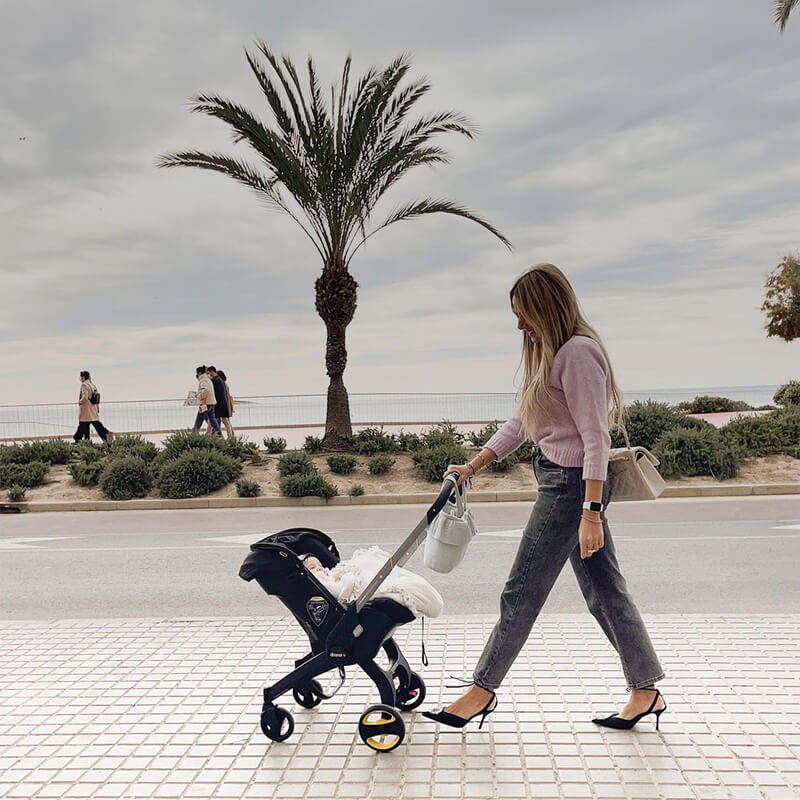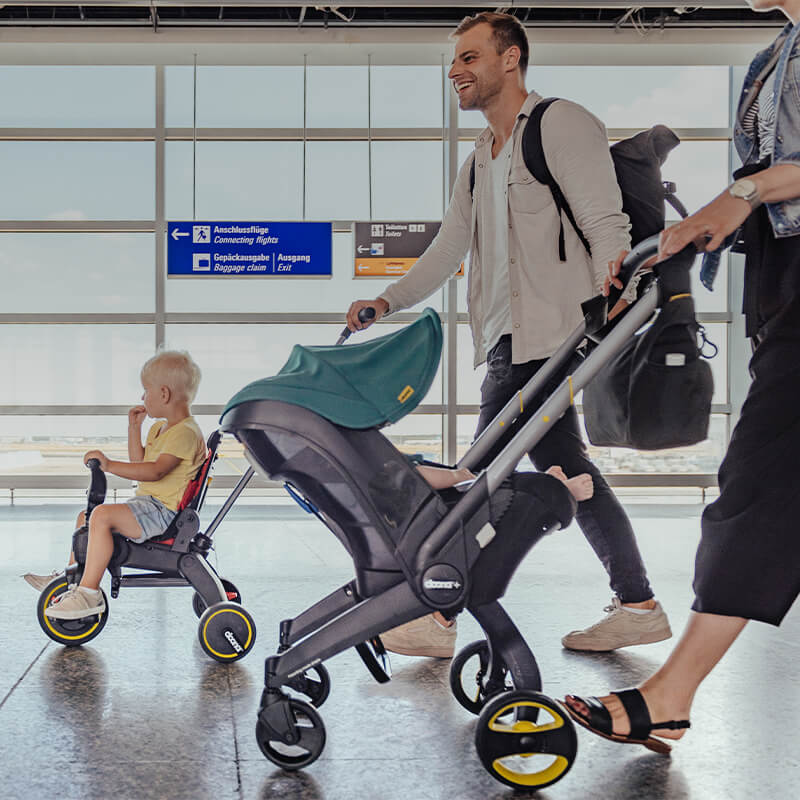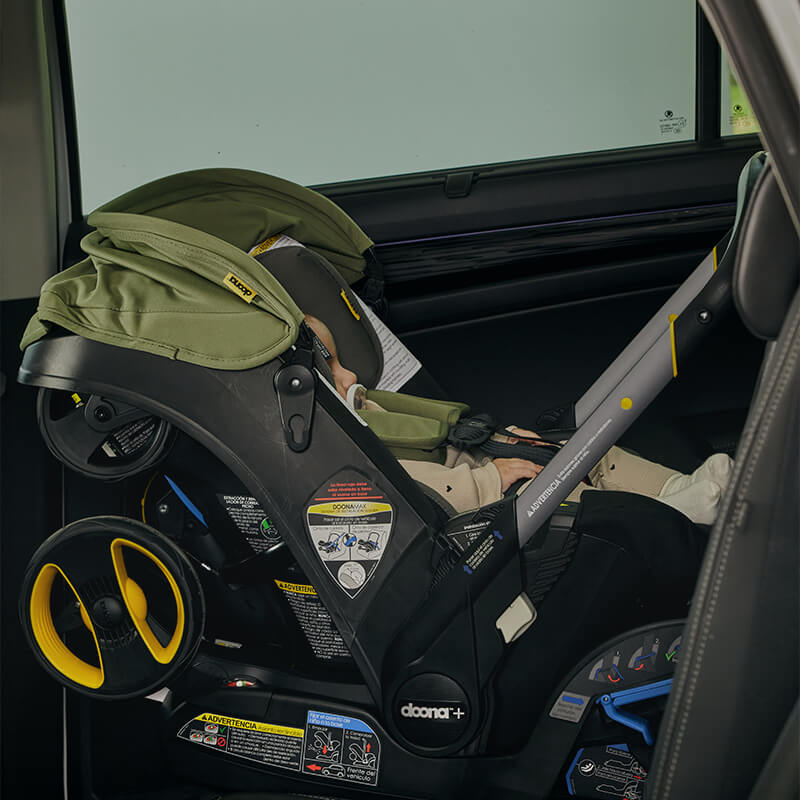Breast Cancer Awareness: what every woman should know
October marks Breast Cancer Awareness Month, an annual campaign dedicated to raising awareness of the disease and educating the public on its causes, diagnosis, treatment, and cure. 1 in 8 women will be diagnosed with breast cancer in her lifetime, making it one of the most common cancers among American women. Whether it’s a mother, sister, aunt, or friend, nearly everyone knows someone who has been affected by or has survived breast cancer.
At Doona, we’re committed to supporting mothers, fathers, and families. In recognition of this important month, we put together essential facts we think every woman should know about breast cancer to help spread awareness and encourage early action.
Early detection saves lives
The earlier breast cancer is found, the more treatment options available, and the higher chances of survival. There are a few different kinds of breast exams that can help to catch cancer at its earliest stage, and even save a life. These include breast self-exams, clinical breast exams, and mammograms. It's recommended to perform monthly self-breast exams as early as 20 years old, and annual mammograms starting from age 40. However, if you have a family history of breast cancer, clinical screenings should start as early as possible. Make sure to speak to your physician or gynecologist about how to stay proactive about your breast health.
Understanding your risk factors
While anyone can develop breast cancer, certain factors can increase risk, including age, family history, genetics, lifestyle, and certain medical conditions. Understanding these risks can help women make informed decisions about screenings and preventive measures. Start by having an open discussion with an OB-GYN or your primary care physician.
Breast self-exam
Perform once per month while lying down or while looking in the mirror. Press your breasts with your fingers using light pressure. Make sure to also check your armpits with your arms raised. Looking for a step by step guide on how to perform a self-exam? You can learn how to perform a breast self-exam (opens in a new tab) via the National Breast Cancer Foundation (opens in a new tab) website.
Clinical breast exams
Performed by a healthcare professional like your gynecologist or your family physician, usually during an annual check-up.
Mammograms
An X-ray that shows a full picture of your breast tissue. This type of screening is especially important because it can show you signs of a tumor before you can feel it.
BRCA gene
The BRCA gene is a tumor suppressor, which means it works with your body by producing a protein to prevent cancer cells from growing and dividing too quickly. While everyone has it, mutations in the BRCA gene can increase the risk of certain cancers, especially breast cancer. That’s why if you have a family history of breast cancer or ovarian cancer, it’s vital to get tested for a BRCA gene mutation. In fact if one parent has it, a person has a 50% chance of inheriting the mutation. Schedule an appointment with a genetic counselor to discuss your family’s medical history, understand what your test results mean, and what your options are for next steps.
For women with a BRCA gene mutation, the current guidance is to consider risk-reducing surgery roughly ten years after your closest known family member was diagnosed with breast cancer. This may involve a double mastectomy followed by breast reconstruction, depending on your level of risk. We know this can feel incredibly overwhelming, which is why having a strong support network of family and friends is so important while you await your BRCA test results. For a personal perspective, check out our blog Insights on Breast Cancer Awareness with previvor Vanessa, who shares her experience living with a BRCA mutation and practical tips for staying proactive about your breast health.
For more information, The National Breast Cancer Foundation (NBCF) provides countless resources to those facing or at risk of breast cancer, from education on early detection, financial assistance, where to schedule a mammogram (opens in a new tab), emotional support, and so much more.
Support is available
No one has to face breast cancer alone. Support groups, counseling, and resources from organizations like the American Cancer Society (opens in a new tab) provide guidance, community, and hope for patients and their families. If you or someone you know is facing breast cancer, helpful resources and emotional support is available to everyone.
At Doona, we’re committed to making parenting simple for every family. That's why we’ve created our innovative and revolutionary Doona Car Seat and Stroller, transforming from car seat to a stroller in seconds; and Liki Trike — the most compact folding toddler trike on the market that grows alongside your toddler from 10-36 months.
